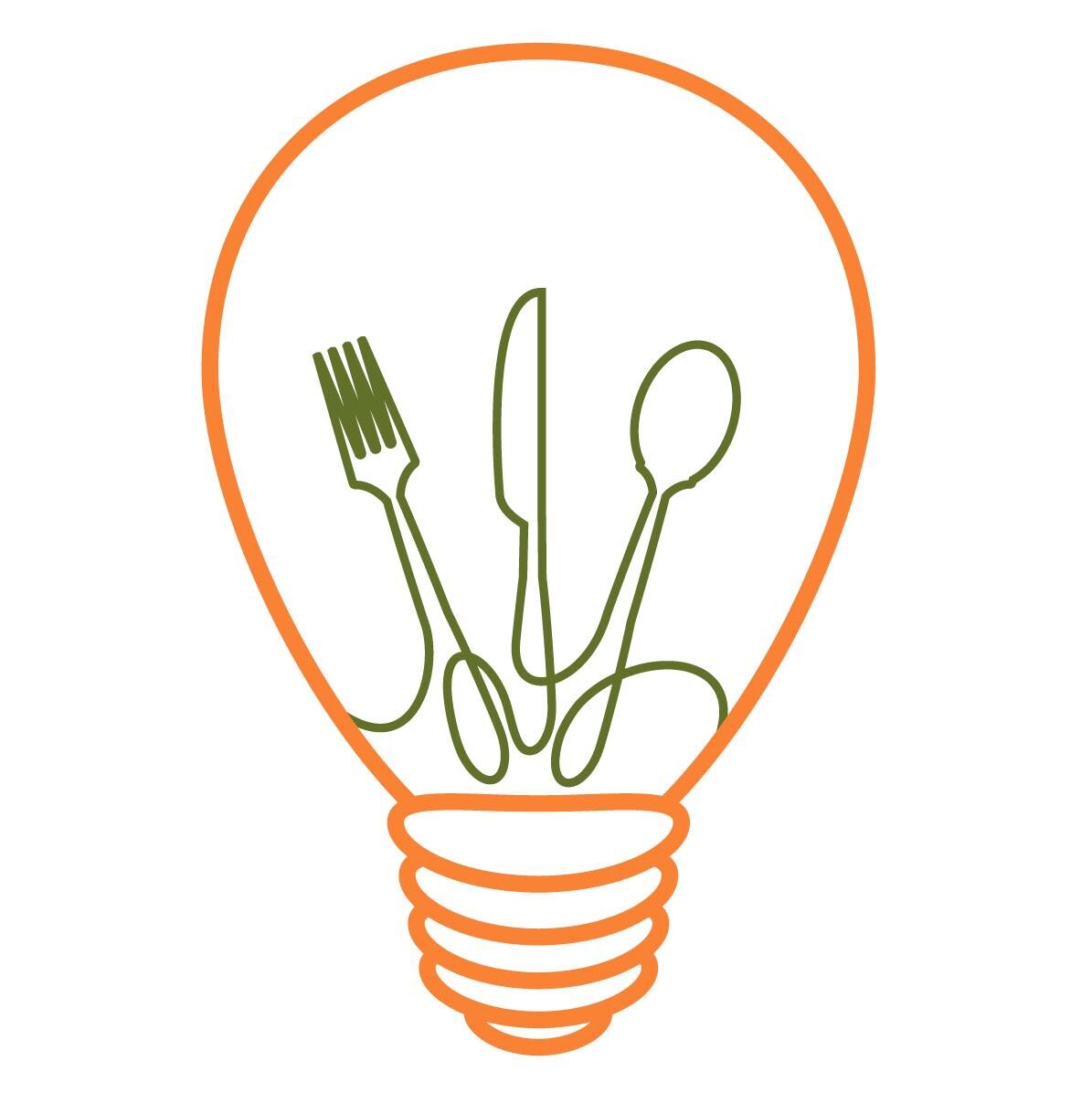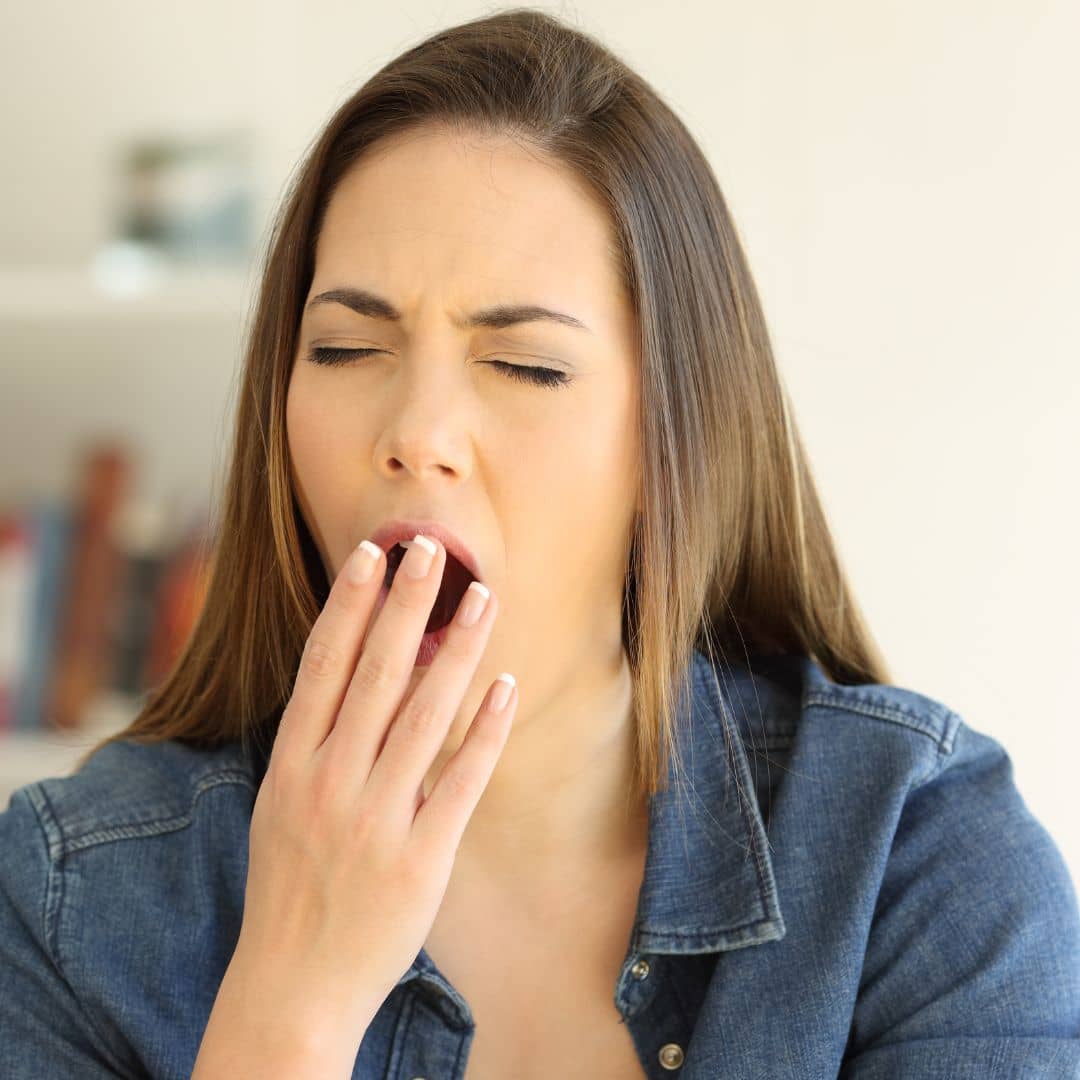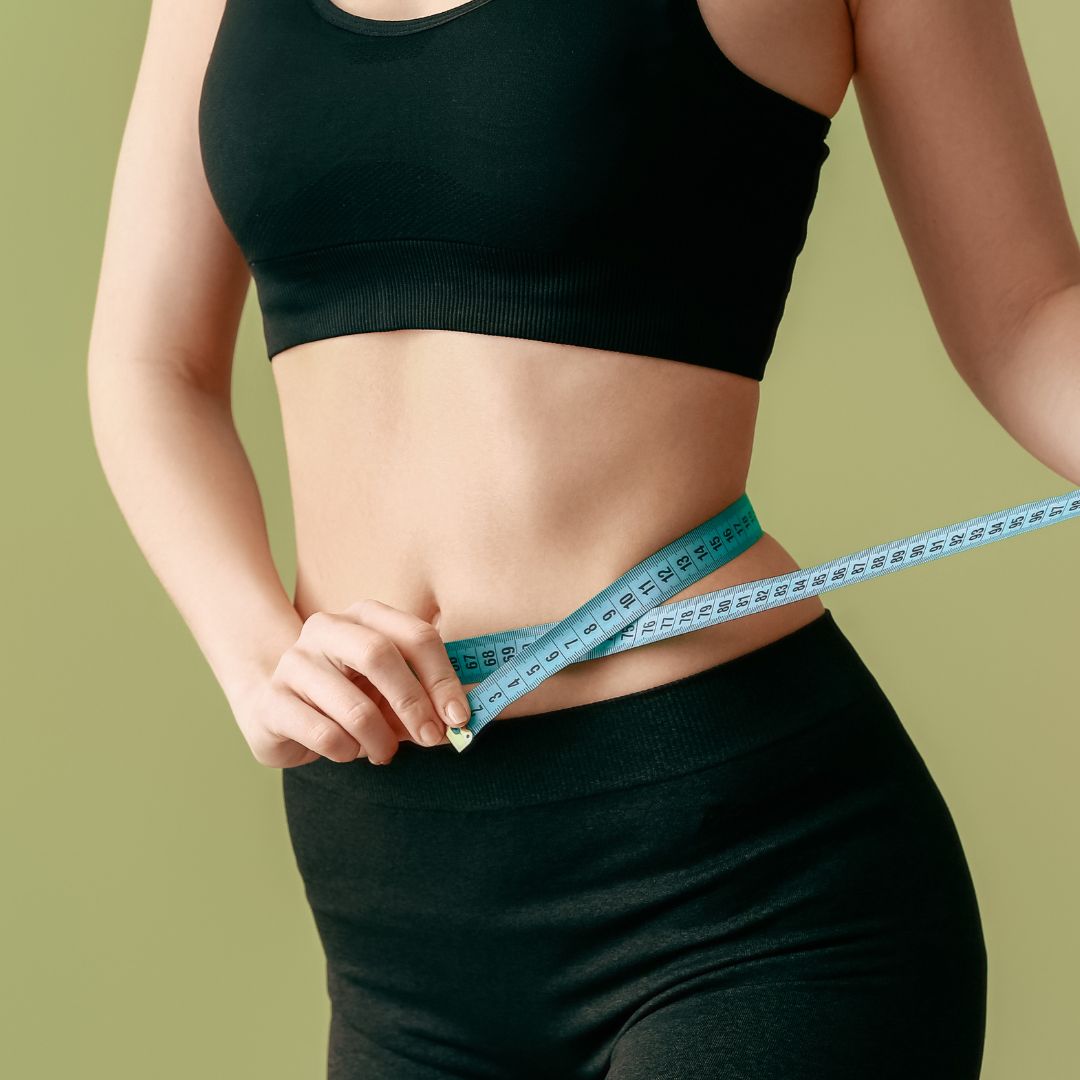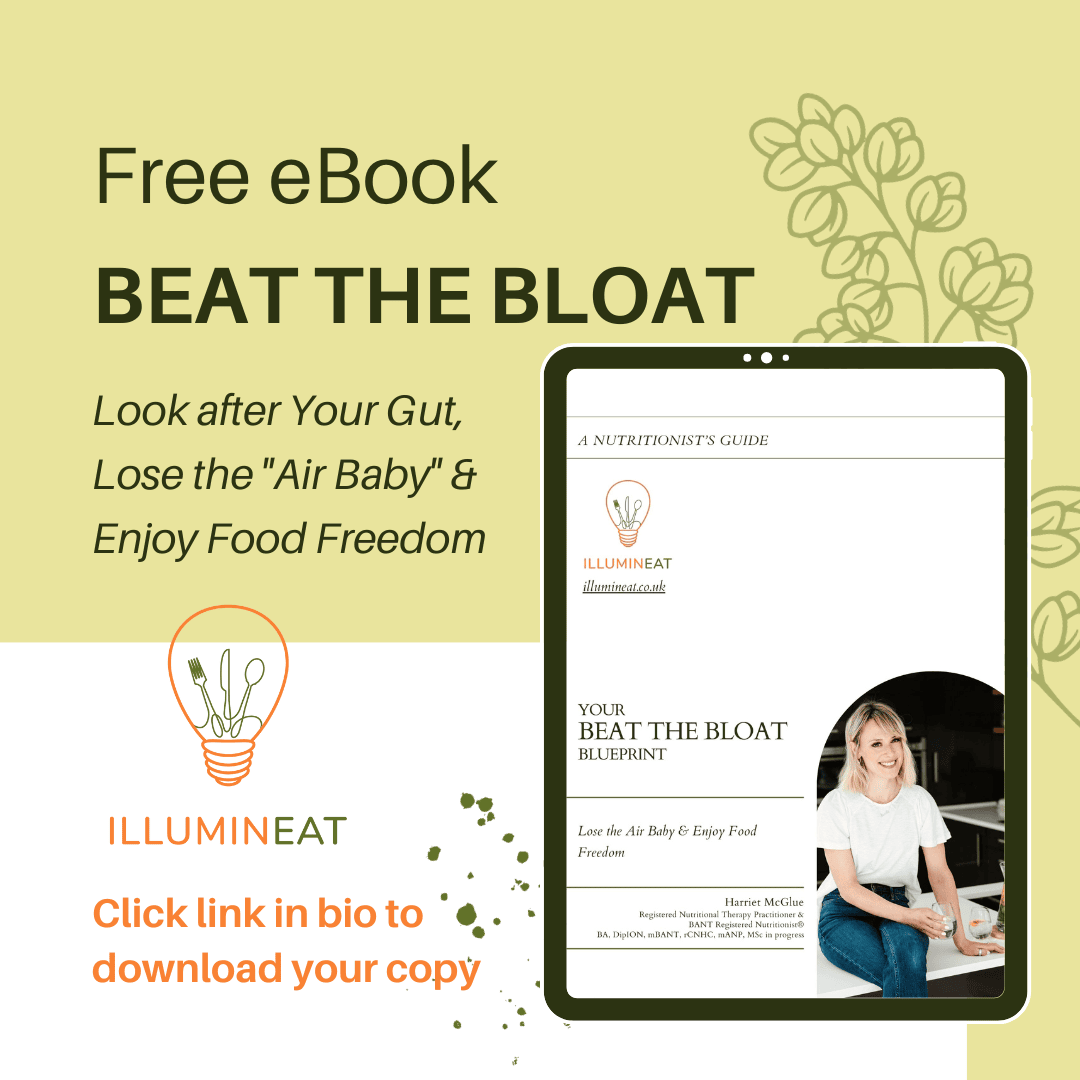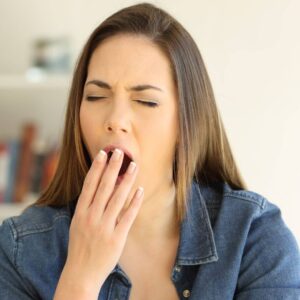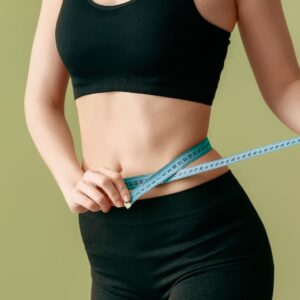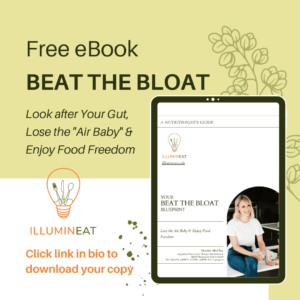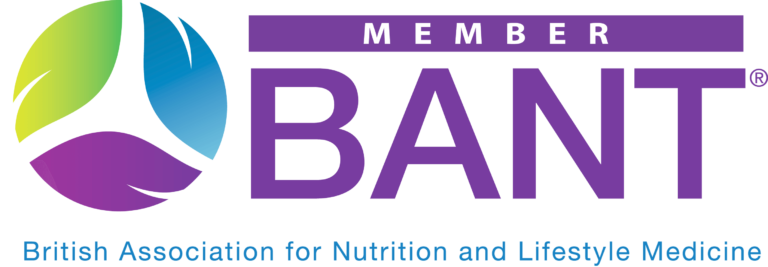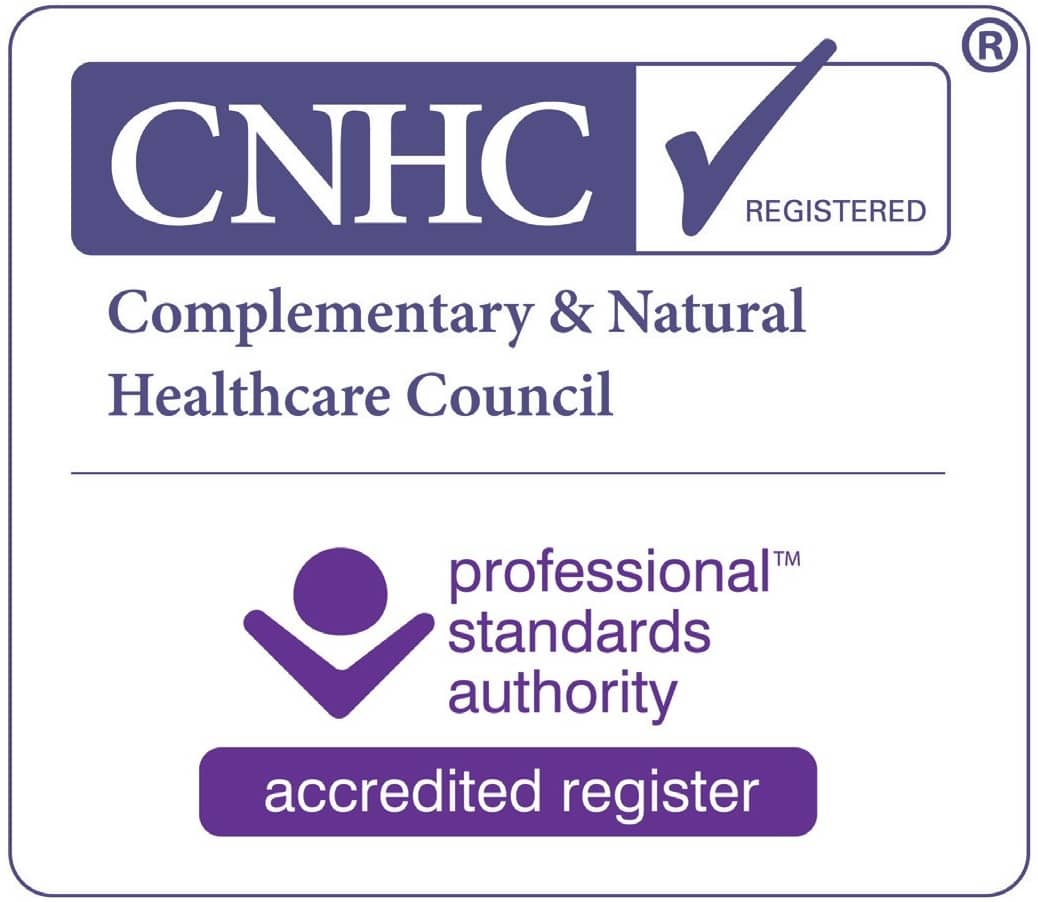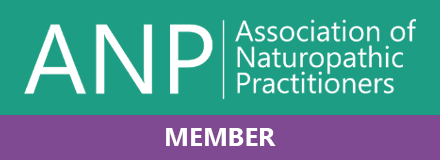1. Prioritise sleep
Never, until I became a mum, would I have believed just how much it’s possible to obsess over, crave & fantasise about sleep. And that’s with a long history of insomnia behind me! What many of us parents wouldn’t give for 7 uninterrupted hours…We may not be able to control the night-time antics of our little people, but I try to focus on what I can control.
Our circadian rhythm (body clock) controls our sleep-wake cycle –but that’s not all. We have clocks for our digestion, immune system – and hormones. Our circadian rhythm influences the rhythm of our menstrual cycle, and vice versa. Messing with our circadian rhythm (as shown in studies of shift workers) messes with our cycle – period (excuse the pun!).
One of the best ways of addressing this is to use light and dark to your advantage. Wake up & go to bed the same time each day (the wake part is crucial). Expose your eyes to outside light within 30 mins of waking (*through glass is not the same). A cheap full-spectrum light box can be helpful for dark mornings. In the evening, keep lights low, avoid screens or use blue light-blocking glasses. Sleep in pitch black.
2. Cut back on alcohol
Drinking appears to increase symptoms – probably because alcohol impacts sex hormones & serotonin which makes us happy. We also know that alcohol increases stress-hormone cortisol, worsens blood sugar control & negatively impacts sleep. Because acetaldehyde (a breakdown product of alcohol) is toxic, it must be detoxified first so oestrogen detoxification by the liver may be less efficient
3. Reduce toxins
High exposure to xenoestrogens – chemicals found in the environment that “mimic” oestrogen in the body – can make PMS worse. Think of oestrogen as a key and its receptor as a lock; the oestrogen unlocks its unique receptor to take effect in the body. Trouble is, these “imposter” oestrogens are molecularly similar enough to oestrogen that they too activate oestrogen receptors, causing potentially nasty symptoms of oestrogen dominance.
Sadly, these man-made oestrogen impersonators are rife in our food, water & environment from e.g. pesticides and insecticides used on crops; medications such as the pill; BPA from plastic bottles, Tupperware & household items; mercury from fillings; toiletries/cosmetics containing aluminum, parabens, UV filters etc.
4. Find ways to manage your stress
Stress makes pain feel worse – PMS included. In one study, women with high stress in the previous month reported more & worse PMS symptoms in the subsequent cycle. Anecdotally, most of us can probably attest to this! Stress and reproduction don’t go together. Biologically, the female brain is constantly scanning to see if we’re “safe” & well enough to have a baby (regardless of whether that’s on the cards!). The brain will shut down signalling to the ovaries (impacting ovarian hormone levels) if we’re chronically stressed…and this can mean problem periods. Cortisol levels have been associated with symptoms linked to fluid retention like bloating, swelling & sore boobs. Chronic stress alters levels of brain chemicals too, which can worsen mood.
Mindfulness, meditation & guided breathing exercises are non-invasive, side effect-free yet effective ways to help manage symptoms. I love the Honest Guys on Youtube or the guided practices on Calm or Headspace apps.Ultimately, learning what your mind & body needs to chill out – and honouring that – is so important.
5. Get moving!
Regular aerobic exercise can mitigate PMS symptoms like tiredness and depression. It is not clear why, although we know that aerobic exercise increases blood flow to the brain and boosts mood-enhancing endorphins and other brain chemicals. Many women find gentle yoga and stretching super helpful – I’m a big fan.
While lack of exercise itself, and excess weight, can predispose to problem periods, give the HIIT/gruelling gym sessions/running a miss if your hormones are a mess! Over-exercising and/or under eating are one of the most common causes of missed/absent periods. Essentially the body thinks it’s in starvation mode & shunts energy away from “non-essential” functions like reproduction.
